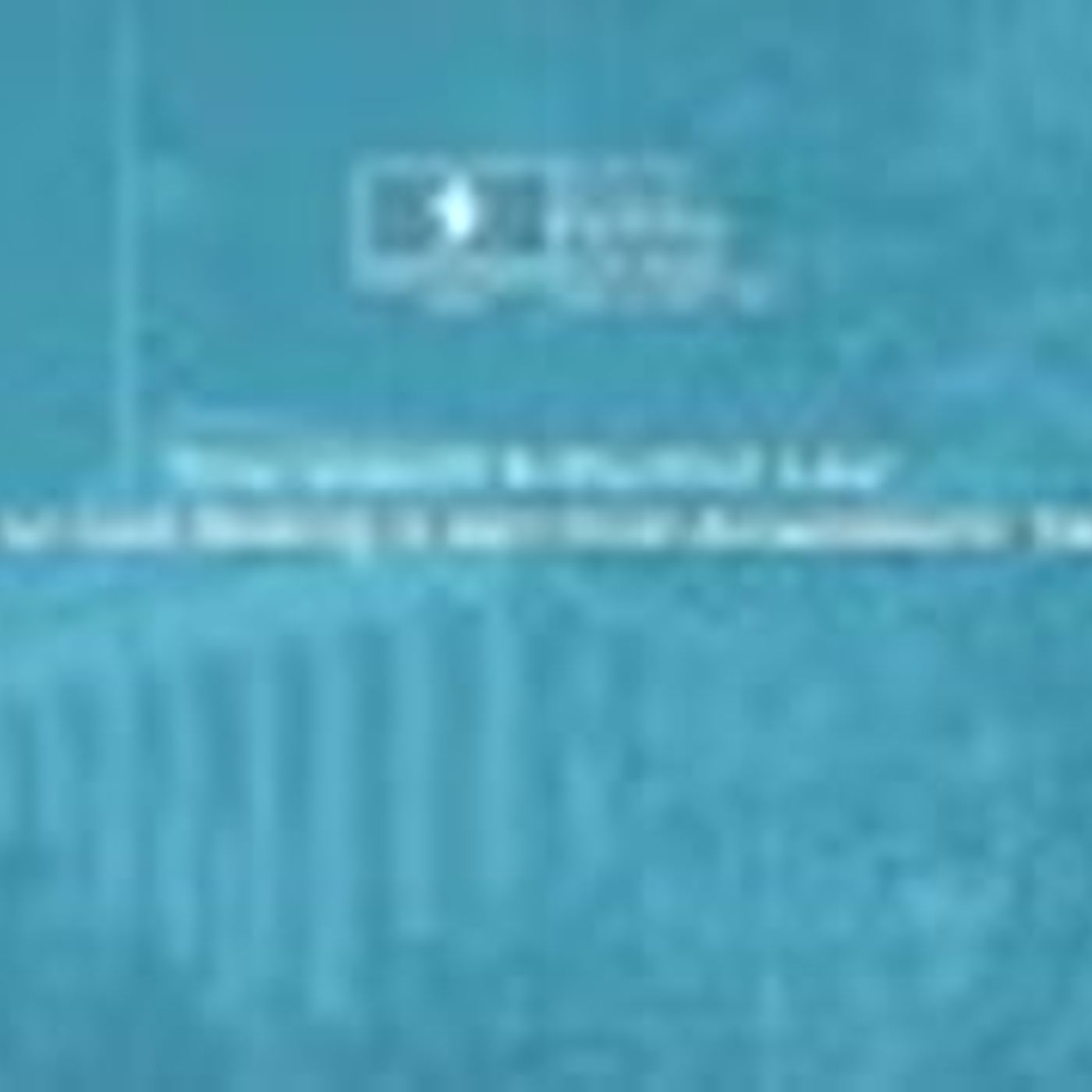- News
- Politics
- SEE MORE
- classical
- general
- talk
- News
- Family
- Bürgerfunk
- pop
- Islam
- soul
- jazz
- Comedy
- humor
- wissenschaft
- opera
- baroque
- gesellschaft
- theater
- Local
- alternative
- electro
- rock
- rap
- lifestyle
- Music
- como
- RNE
- ballads
- greek
- Buddhism
- deportes
- christian
- Technology
- piano
- djs
- Dance
- dutch
- flamenco
- social
- hope
- christian rock
- academia
- afrique
- Business
- musique
- ελληνική-μουσική
- religion
- World radio
- Zarzuela
- travel
- World
- NFL
- media
- Art
- public
- Sports
- Gospel
- st.
- baptist
- Leisure
- Kids & Family
- musical
- club
- Culture
- Health & Fitness
- True Crime
- Fiction
- children
- Society & Culture
- TV & Film
- gold
- kunst
- música
- gay
- Natural
- a
- francais
- bach
- economics
- kultur
- evangelical
- tech
- Opinion
- Government
- gaming
- College
- technik
- History
- Jesus
- Health
- movies
- radio
- services
- Church
- podcast
- Education
- international
- Transportation
- Other
- kids
- podcasts
- philadelphia
- Noticias
- love
- sport
- Salud
- film
- and
- 4chan
- Disco
- Stories
- fashion
- Arts
- interviews
- hardstyle
- entertainment
- humour
- medieval
- literature
- alma
- Cultura
- video
- TV
- Science
- en
Rule of Law, or Just Making it Up? First Amendment Tiered Scrutiny [2020 National Lawyers Convention]

On November 10, 2020, The Federalist Society's Free Speech & Election Law Practice Group hosted a virtual panel for the 2020 National Lawyers Convention. The panel explored "Rule of Law, or Just Making it Up? First Amendment Tiered Scrutiny."
Different levels of Scrutiny are a staple of First Amendment Jurisprudence. Strict scrutiny for viewpoint-based restrictions, intermediate scrutiny for restrictions on commercial speech, and, over the years, amorphously defined other types of “heightened” scrutiny for restrictions on association, campaign-related speech, public vs. private figure defamation, and purportedly incidental speech restrictions. In recent years, however, various judges and justices have called for revisiting ahistorical or a-textual approaches constitutional analysis, in both the First Amendment and other contexts. And many scholars have long questioned whether tiered scrutiny is just a smoke-screen for ad hoc balancing, allowing judges to impose their own preferred outcomes in any given case.
This panel will explore both the theory and practice of tiered scrutiny in First Amendment analysis. Is there a textual or historical basis for creating such differential levels of scrutiny? Is a more historical or absolutist approach more faithful to the constitutional text? Is it even possible to avoid creating such judicial doctrines at the margins where the application of First Amendment principles to moderns circumstances can be challenging at best? As for the practical application of tiered scrutiny, how does one distinguish between important or compelling interests versus valid but otherwise ordinary interests? How does one determine a less restrictive means of accomplishing a governmental goal, and how much loss of efficiency is too much to ask to preserve some additional amount of speech? Are courts even remotely capable of providing consistent answers to such questions across a range of cases, or is it inevitable that the answer to any such questions will be entirely a function of the judge’s policy preferences?
If our judicial system is meant to be based on the rule of law rather than the rule of judges, does tiered scrutiny advance or hinder that ideal? Does the “rule of law” allow any degree of judicial discretion or judgment and, if so, is there any textual basis for deciding how much judgment is allowed and how much effectively eliminates any “rule” at all.
Featuring:
Prof. Ashutosh Bhagwat, Boochever and Bird Endowed Chair for the Study and Teaching of Freedom and Equality; Martin Luther King Jr. Professor of Law, University of California, Davis School of Law
Prof. Genevieve Lakier, Assistant Professor of Law, Herbert and Marjorie Fried Teaching Scholar, University of Chicago Law School
Prof. Nicholas Quinn Rosenkranz, Professor of Law, Georgetown University Law Center
Prof. Eugene Volokh, Gary T. Schwartz Distinguished Professor of Law, University of California, Los Angeles School of Law
Moderator: Hon. David R. Stras, United States Court of Appeals, Eighth Circuit
Introduction: Hon. Dean A. Reuter, General Counsel | Vice President & Director, Practice Groups, The Federalist Society
*******
As always, the Federalist Society takes no position on particular legal or public policy issues; all expressions of opinion are those of the speakers.